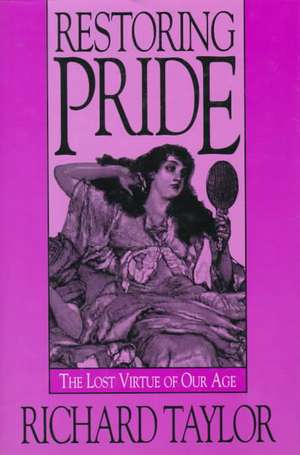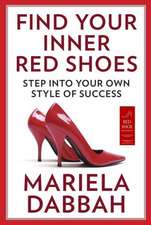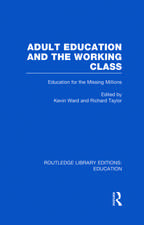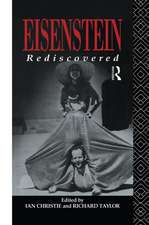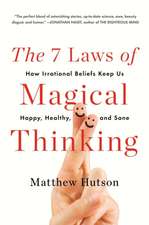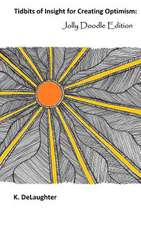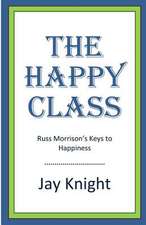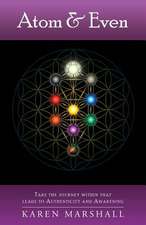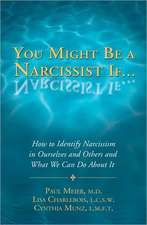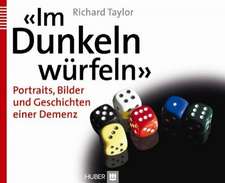Restoring Pride
Autor Richard Tayloren Limba Engleză Hardback – 30 noi 1995
Pride, according to Taylor, is the justified love of oneself for having achieved personal excellence. People who use their natural gifts for significant and lasting achievements have the right to be proud of themselves. Furthermore, virtually everyone is in some way gifted. Some people hone their talents and better themselves while others follow paths that are easy, pleasant, common. People who fail to nourish and perfect their talents, who do only what is expected of them, are wasting their lives. We all have gifts and we need to identify them and excel in the areas in which we're gifted. Put another way, figure out what you're good at . . . and do it.
Superior people, people who are justifiably proud, are not concerned with what others think of them, but with how they measure up in their own eyes. They are their own most demanding judges. Although proud people set their own standards higher, and make their own rules stricter than those others might subject them to, there is a rule of conduct that must guide their relations with other people: be considerate. If they adhere to this maxim when dealing with friends or strangers, with great and powerful people or people unknown, they will need no other rule of right and wrong. Taylor's definition of pride leaves no room for conceit. Arrogance and self-centered behavior, he believes, have no place in the lives of the proud.
Preț: 205.33 lei
Nou
Puncte Express: 308
Preț estimativ în valută:
39.30€ • 42.71$ • 33.04£
39.30€ • 42.71$ • 33.04£
Carte disponibilă
Livrare economică 01-15 aprilie
Preluare comenzi: 021 569.72.76
Specificații
ISBN-13: 9781573920247
ISBN-10: 157392024X
Pagini: 232
Dimensiuni: 162 x 237 x 23 mm
Greutate: 0.34 kg
Editura: Prometheus Books
ISBN-10: 157392024X
Pagini: 232
Dimensiuni: 162 x 237 x 23 mm
Greutate: 0.34 kg
Editura: Prometheus Books
Notă biografică
Richard Taylor (Interlaken, NY) has held professorships in philosophy at Brown University, the graduate faculty of Columbia University, and the University of Rochester. He is the author of Restoring Pride; Love Affairs: Marriage & Infidelity; and Freedom, Anarchy, and the Law.
Textul de pe ultima copertă
Rejecting the popular notion that everyone is equal and, therefore, ought to be equally proud, Richard Taylor defines pride as justified love of oneself. What justifies this self-love is personal excellence, that is, actual achievement of the kind that sets a proud person apart from the rest. Examples of the justifiably proud include Socrates, Ludwig van Beethoven, Malcolm X, Willa Cather, Pablo Picasso, and Amelia Earhart. However, pride is not a virtue reserved only for the famous. People unknown to the world often possess a greatness equal to that of the most renowned heroes. The truly proud are those who excel in some worthwhile area, be it literature, science, or good parenting. Their excellence is based on some ability or strength that they exploit to its fullest potential. Restoring Pride is "elitist" in that it acknowledges that some people are better as human beings than others, and that they have made themselves so by perfecting their natural talents. The idea of the Sermon on the Mount, that the poor and the meek are blessed, is repudiated. Instead, Taylor embraces the classical Greek ideal of virtue as personal excellence without any suggestion that everyone is equal in worth. The proud, setting the rules and standards for themselves, are apt to be looked on as unconventional. However, one invariable rule guides their behavior toward others: considerateness. The same egalitarian standard applies to their treatment under the law in a democratic society. While concerned with the rules of manners, Restoring Pride is not a book of etiquette. Making no effort at "political correctness", it espouses, in a straightforward and jargon-free style, an ideal of life, exhorting us all toexplore and cultivate the gifts within us, and thus to enjoy the fruits of genuine pride.
